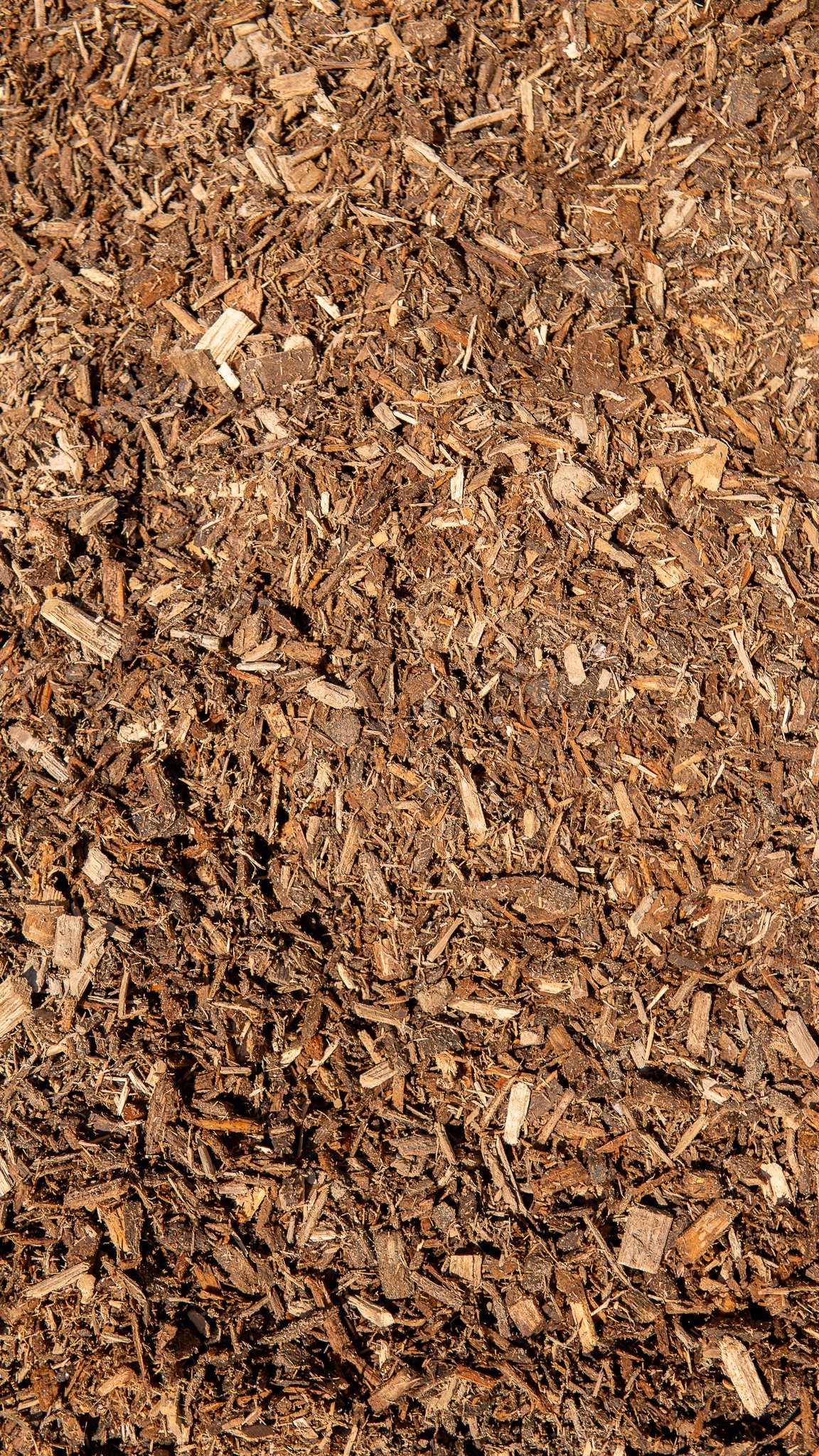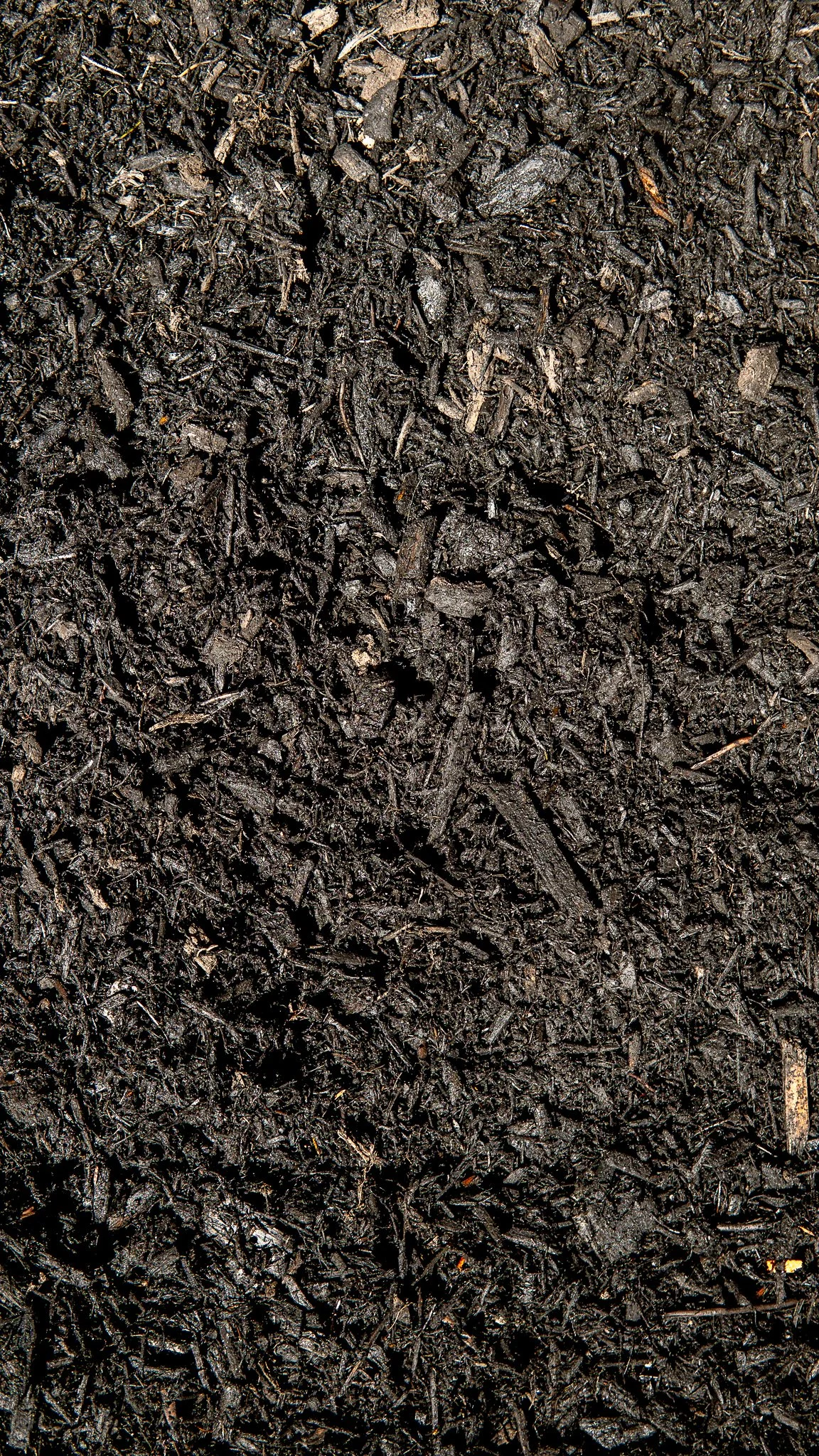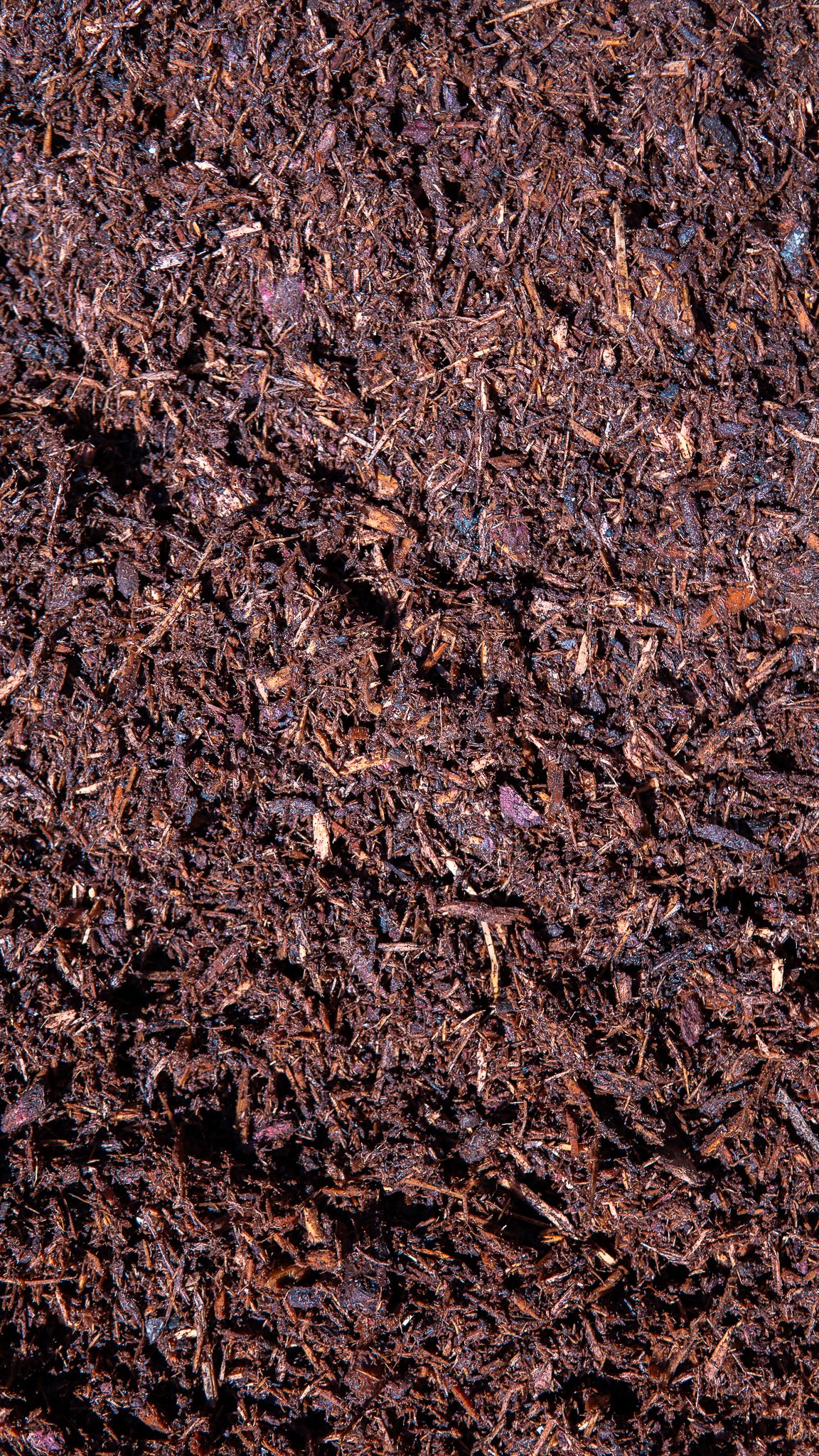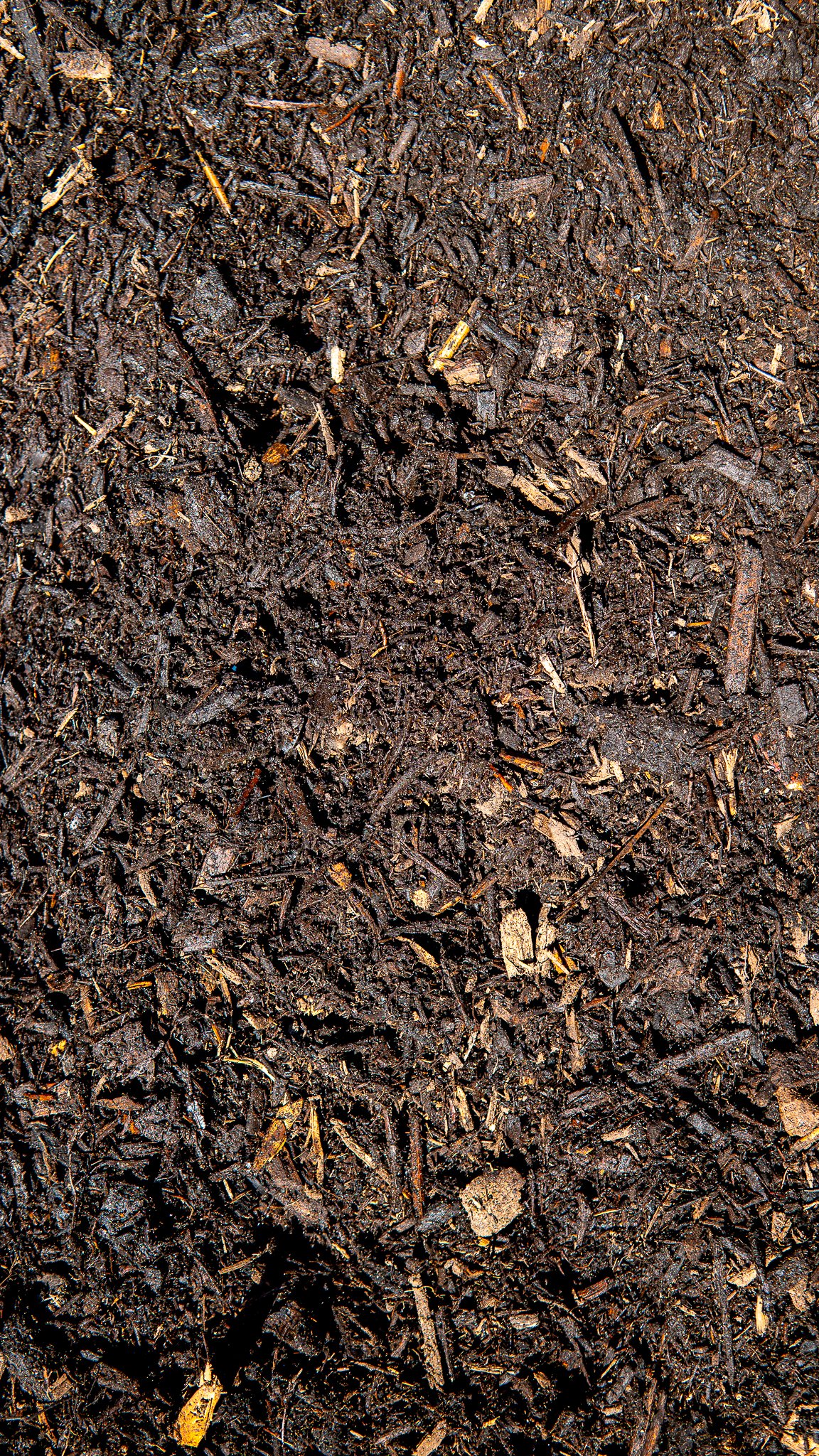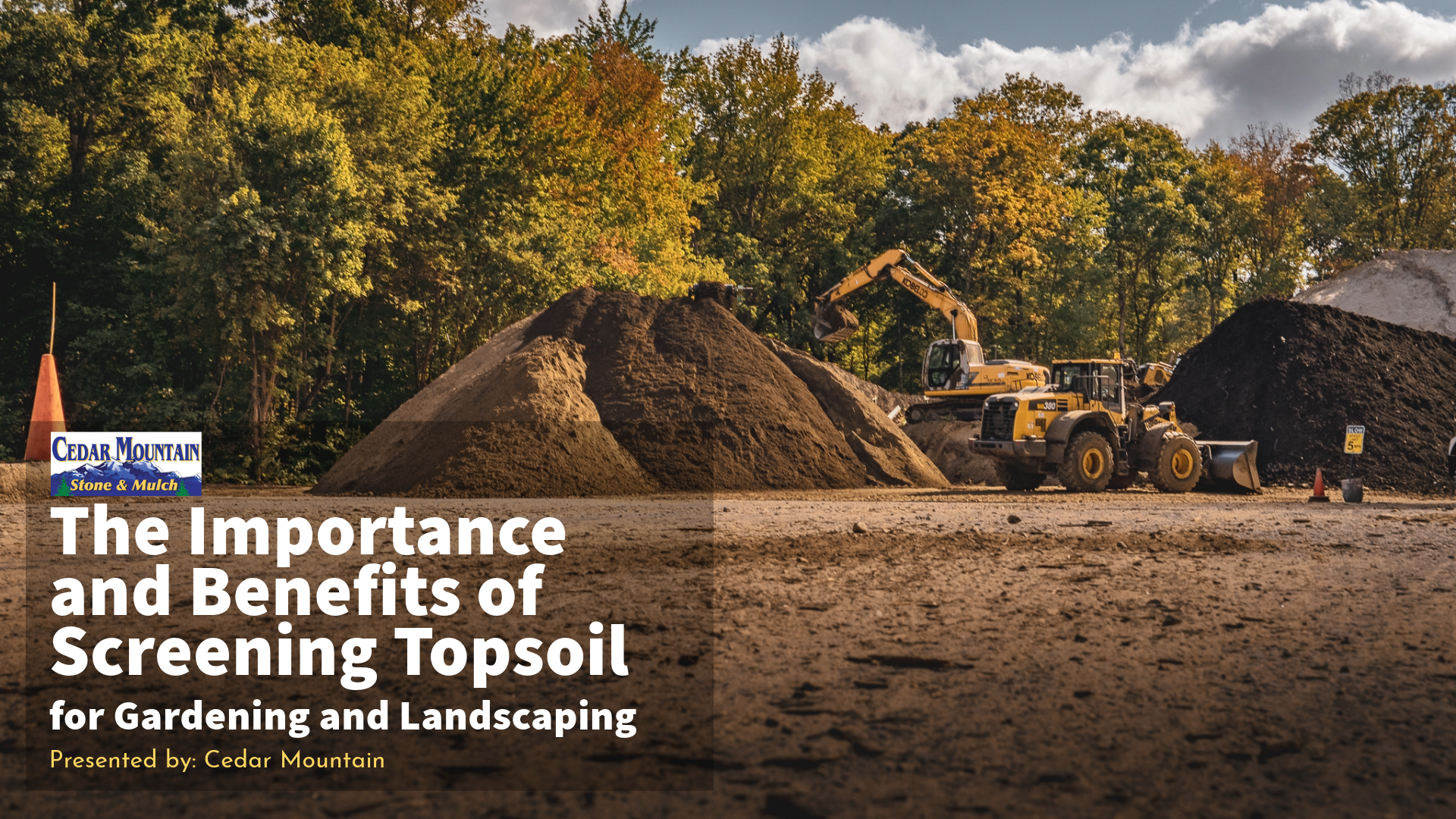Why Mulching Your Flower Beds in Fall and Winter is Crucial
As the temperatures drop and we prepare for the cozy months ahead, it's vital to give our gardens the care they deserve. At Cedar Mountain Stone and Mulch, we believe that mulching your flower beds is one of the most important tasks you can undertake to ensure the health and vitality of your plants through the fall and winter seasons. Here's why:
Temperature Regulation
Mulch acts as an insulating layer, helping to regulate soil temperature. During the fall, it keeps the soil warmer for longer, extending the growing season. In winter, it prevents the soil from freezing and thawing repeatedly, which can damage plant roots. This stability ensures that plants are less susceptible to the stress caused by fluctuating temperatures. Moreover, it can protect young or newly planted bulbs and perennials from frost damage.
Moisture Retention
Mulch helps retain soil moisture by reducing evaporation. This is particularly important during the colder months when plants are less able to absorb water due to frozen ground. Consistent moisture levels help keep plants healthy and reduce stress. By maintaining a steady moisture level, mulch also prevents the soil from becoming too dry and cracking, which can harm root systems. Additionally, it reduces the need for frequent winter watering, saving both time and resources.
Weed Suppression
A layer of mulch can suppress weed growth by blocking sunlight from reaching weed seeds. This reduces competition for nutrients and water, allowing your plants to thrive. With fewer weeds to contend with, your garden will look cleaner and more maintained. Moreover, less weeding means more time to enjoy your garden rather than labor over it.
Soil Health
Organic mulches, such as wood chips, bark, or compost, break down over time and add valuable nutrients to the soil. This improves soil structure, fertility, and overall health, benefiting your plants in the long run. The decomposition process can also enhance microbial activity, which is vital for healthy soil ecosystems. Furthermore, the added organic matter can improve soil aeration and drainage, creating a more hospitable environment for roots.
Erosion Control
Mulch helps prevent soil erosion by reducing the impact of rain and wind on the soil surface. This is especially important during the fall and winter when heavy rains and strong winds are more common. By holding the soil in place, mulch helps to maintain the landscape's integrity and prevents nutrient runoff. Also, it aids in maintaining the evenness of your garden beds by preventing soil displacement.
Pest Protection
Certain types of mulch, such as cedar or pine, can deter pests like slugs, snails, and some insects. This provides an added layer of protection for your plants. In addition, the mulch's natural oils and scents can repel other unwanted visitors, reducing the need for chemical pesticides. This helps in creating a safer environment for beneficial insects and pollinators as well.
Aesthetic Appeal
Mulch enhances the appearance of your flower beds, giving them a neat and tidy look. It can also provide a uniform background that highlights the beauty of your plants. The various colors and textures available in mulching materials can complement your garden design. Plus, a well-mulched garden looks well-cared-for and professionally maintained, increasing the overall curb appeal of your property.
Conclusion
By mulching your flower beds, you create a more stable and supportive environment for your plants, helping them to survive and thrive through the fall and winter months.
At Cedar Mountain Stone and Mulch, we provide top-quality mulching materials to keep your garden healthy and beautiful year-round. Our large selection of premium mulches, weed fabric, and garden tools will help you get your landscaping ready for the colder seasons. Visit us today to find the perfect products for your garden's needs.
or Click Here to browse our selection of premium mulches all available for local delivery 7 days a week throughout CT.






